Fighting the Infodemic: Health Education in the Digital Age
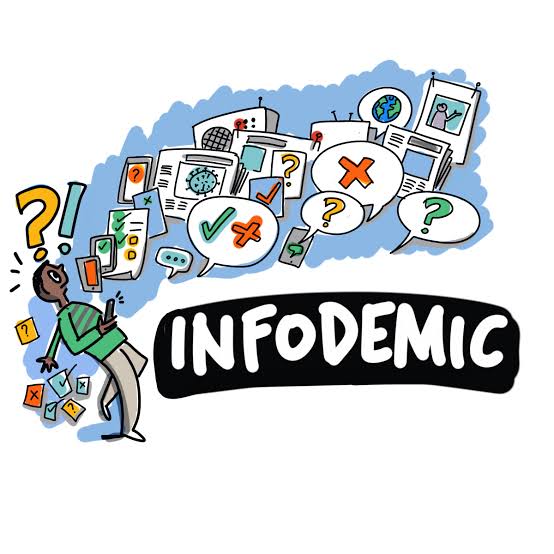
Introduction
In this 21st century, humanity is not only fighting diseases but also misinformation about them. The World Health Organization (WHO) coined the term “infodemic” to describe the flood of false or misleading information that spreads as fast and sometimes even faster than the diseases itself. During the COVID-19 pandemic, false claims about vaccines, miracle cures, and conspiracy theories went viral on social media platforms, often overshadowing credible medical guidance. According to WHO reports, this infodemic significantly delayed vaccine uptake in many countries and contributed to thousands of preventable deaths.
But the crisis of misinformation goes beyond COVID-19. It affects routine immunization programs, chronic disease management, maternal health, mental health awareness, and even nutrition advice. In an era where “Google Doctor” and WhatsApp broadcasts shape decisions more than qualified physicians, the urgent question becomes: How do we fight misinformation and rebuild trust in health communication?
The Infodemic: A Global Health Challenge
Infodemic is defined by the WHO as “too much information, including false or misleading information in digital and physical environments during a disease outbreak.” Unlike previous decades where information flow was slower, today’s interconnected world accelerates misinformation at an unprecedented speed.
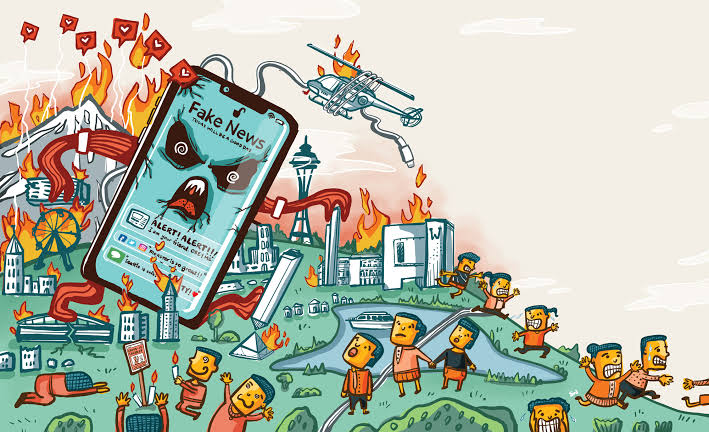
During COVID-19:
A study (2020) showed that were various opinions and information spreading around on how to cures—like ingesting some mixtures or using herbal concoctions—spread faster than verified medical guidance.
In some parts of the world, rumors about infertility caused by COVID-19 vaccines discouraged many young adults from taking the it which was not entirely true.
The danger is simple but devastating: misinformation costs lives and spreads the wrong narrative . When people distrust credible health sources, they turn to unverified alternatives, delay treatment, and sometimes reject proven preventive measures.
Why Misinformation Spreads Faster Than Truth
Misinformation spreads fast in our current day because everyone has access to the Internet and are quick to believe what they see on their screen without actually cross checking facts.
Emotional Appeal: Fake health news often uses fear or hope to grab attention. A dramatic claim like “This herb cures cancer overnight” spreads faster than a nuanced scientific article.
Echo Chambers: Algorithms on platforms like Facebook, TikTok, and X (Twitter) show users content they already agree with, reinforcing misconceptions.
Distrust of Institutions: Years of corruption scandals, weak healthcare systems, and political interference have made many communities suspicious of government-led health campaigns.
Information Overload: In a world of infinite scrolls, people lack the time to fact-check everything. The most sensational content usually wins.
Health Education in the Digital Age: New Strategies
If misinformation thrives in the digital space, then health education must adapt to this reality. Traditional methods, pamphlets, lectures, radio jingles, still have value, but they cannot compete with the speed and virality of TikTok videos or WhatsApp forwards or a blog post.
Here are the evolving strategies shaping health communication today:
1. Leveraging Community Leaders
Research shows people trust familiar figures more than distant institutions. During Ebola outbreaks in West Africa, local chiefs and religious leaders played crucial roles in dispelling myths about burial practices and infection spread.
In Nigeria, for example, imams and pastors who openly endorsed COVID-19 vaccines helped counteract fear in their congregations. Trust is local, and public health campaigns must harness that.
2. Harnessing Artificial Intelligence (AI)
AI-driven fact-checking tools are emerging as game changers in the fight against misinformation.
WHO’s EARS (Early AI-supported Response System) scans social media to detect trending health misinformation.
Chatbots like WhatsApp’s COVID-19 helpline gave millions of people in Africa access to verified, real-time health updates in multiple languages.
AI can also create localized health campaigns tailored to community beliefs and culture, making credible information more persuasive.
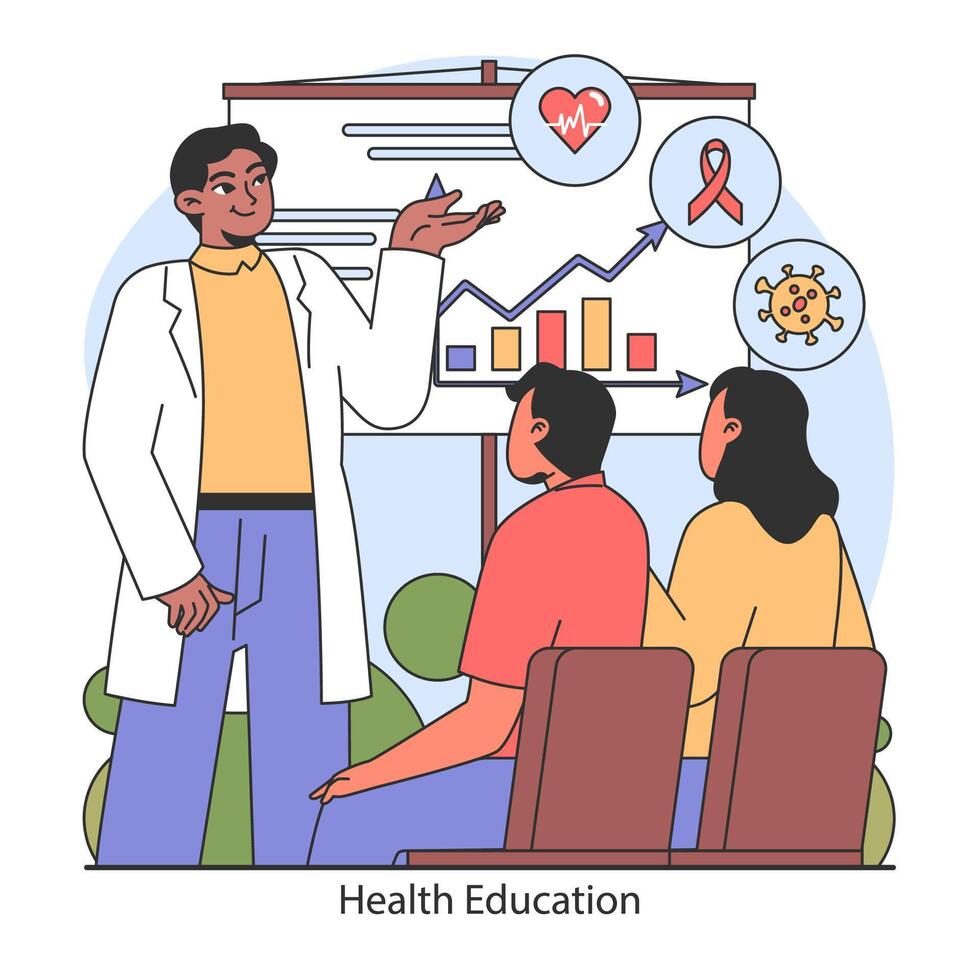
3. Collaborating with Influencers
In the digital age, influencers have more reach than many official agencies. TikTok dancers, YouTubers, and Instagram lifestyle bloggers can normalize preventive practices like mask-wearing or mental health checkups in ways traditional campaigns cannot.
4. Building eHealth Literacy
Ultimately, the fight against misinformation cannot rely solely on censorship or top-down campaigns. Citizens must be empowered to critically evaluate online health information. This means teaching digital literacy, how to check sources, identify fake news, and differentiate science from opinion.
Schools, universities, and community groups should integrate media literacy into their programs, just as they teach basic hygiene or first aid.
5. Multilingual and Culturally Relevant Messaging
Credible information often fails because it is too technical or only available in English. Health communication must speak in local languages, using relatable metaphors, visuals, and storytelling, translating fact sheets into Pidgin, Hausa, Igbo, Yoruba, and Swahili can prove to be beneficial in reaching wider audiences.
Africa’s Experience with the Infodemic
Africa can actually utilize unique lessons and ways in balancing traditional and digital communication.
For example, community radio stations working alongside with registered NGOs, Private institutions and even government institutions in curbing rumors about health matters in rural areas.
Social media campaigns promoting insightful benefits of vaccination can combat and put an end to conspiracy theories rooted in past government failures and misconception about certain vaccines.
Also across the continent, mobile penetration has made various social media the new “town square,” making to be both a blessing and a curse for public health communication.
The challenge now is for ministries of health and NGOs to integrate grassroots methods with digital strategies, ensuring no population is left behind.
Why This Matters
The infodemic problem is not going away if no strategic measures are put in place. From monkeypox outbreaks to mental health stigma, misinformation remains a global threat. Even in areas like nutrition, myths about “miracle weight loss teas” or “detox cleanses” dominate social media.
As climate change and migration introduce new health crises, misinformation could make future pandemics even harder to control. Investing in resilient, digital-first health education systems is no longer optional, it is survival.
A Call to Action
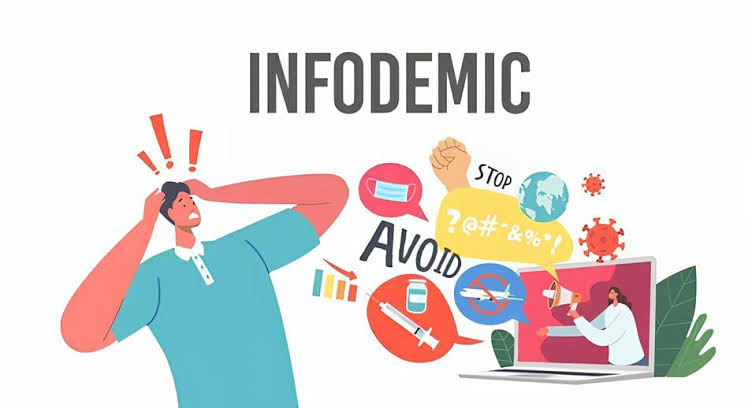
Governments, health agencies, and citizens all have a role to play:
Governments must regulate without censoring, ensuring platforms are accountable for harmful health misinformation. Tech companies must refine algorithms to elevate credible sources, not conspiracy theorists. Health workers must adapt to digital communication, moving beyond clinics to TikTok, Instagram, and WhatsApp. Citizens must take responsibility for verifying before sharing. “We’re not just fighting a virus or outbreak of diseases; we’re fighting an infodemic.”
The war on misinformation is a war for lives. Winning it requires creativity, technology, and above all, trust.
Conclusion
The digital age has revolutionized access to health information, but it has also created a wildfire of misinformation. Fighting the infodemic demands a blend of innovation and tradition, from AI-driven fact-checking to community-driven trust-building.
Health education is no longer about one-way communication; it’s about engagement, storytelling, and empowerment. If the world can rise to this challenge, other outbreaks or health matters may be remembered not just for its impact or how deadly it was but for how humanity learned to fight misinformation as fiercely as disease itself.
Recommended Articles
University Degrees: Still Valuable or an Overpriced Tradition?
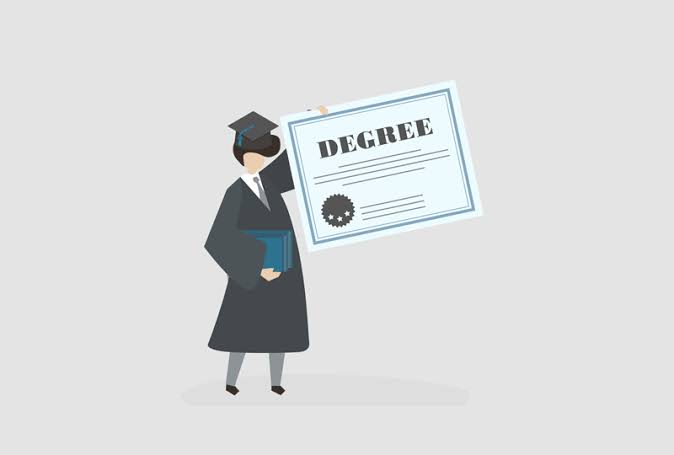
Are university degrees still worth it in today’s skills-driven economy? Explore the value, costs, and alternatives in hi...
Future of Medicine: Tiny Blood Test Could Revolutionize Disease Diagnosis!

A new portable diagnostic system developed by Arizona State University researchers offers a rapid and affordable way to ...
Community Health Hero: Boy’s Brigade Delivers Free Medical Care to 500+ Kaduna Residents
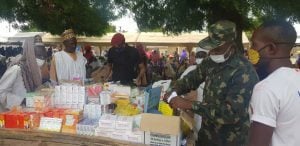
The Boy’s Brigade Nigeria’s Kudansa Battalion Council has provided free medical services to over 500 residents in Kudens...
You may also like...
The 1896 Adwa War: How Ethiopia Defied Colonialism
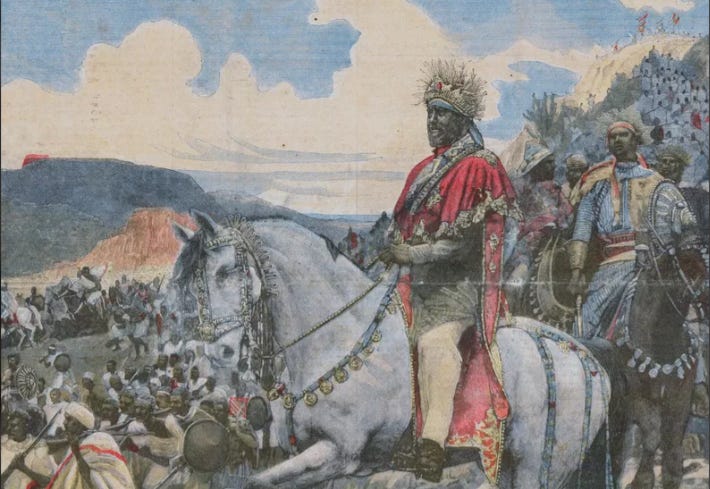
Ethiopia with the exception of Liberia which was used as a settler place for freed slaves remains the only African Count...
Why We Need Sleep: Inside the Brain’s Night Shift

Even when you’re asleep, your brain is quietly up to something, sorting, cleaning, and working behind the scenes.
When Nollywood Meets Netflix: The Creative Tug Between Local Storytelling and Global Algorithms
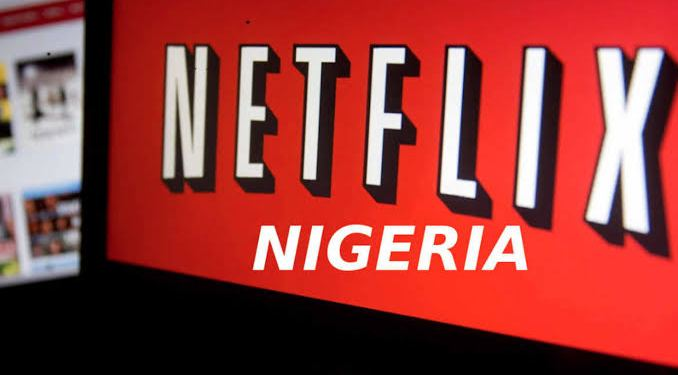
Nollywood’s partnership with Netflix is rewriting the script for African cinema, offering global reach but raising quest...
Mozambique's LNG Megaproject: A Promise or Peril?

TotalEnergies is leading a consortium in Mozambique as it promises potential restructuring of the nation's energy se...
Aliko Dangote, Africa’s Wealth King: First African-Born Billionaire to Cross $30B

Aliko Dangote, the richest Black man in the world, has reached a new milestone, with a net worth of $30.3 billion, accor...
WAEC Conducts Trial Essay Test Ahead of Full Computer-Based WASSCE in 2026

The trial Computer-Based Test (CBT) for the WAEC essay was held on Thursday, October 23, 2025. The exercise was conducte...
Can Long- Distance Love really work?
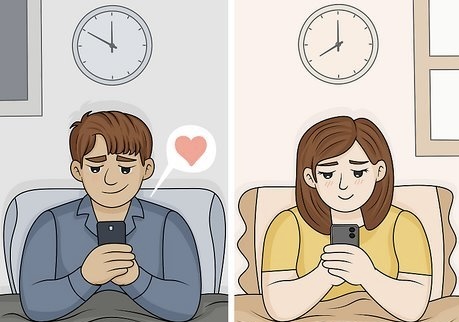
Can love really survive when touch becomes a memory and connection lives behind a screen? For many, distance isn’t the ...
Nigeria’s Rental Crisis: House of Representatives Moves to Cap Rent Hikes at 20%

Nigeria's rental market has been under intense pressure, and now lawmakers are stepping in. The House of Rep. has called...
